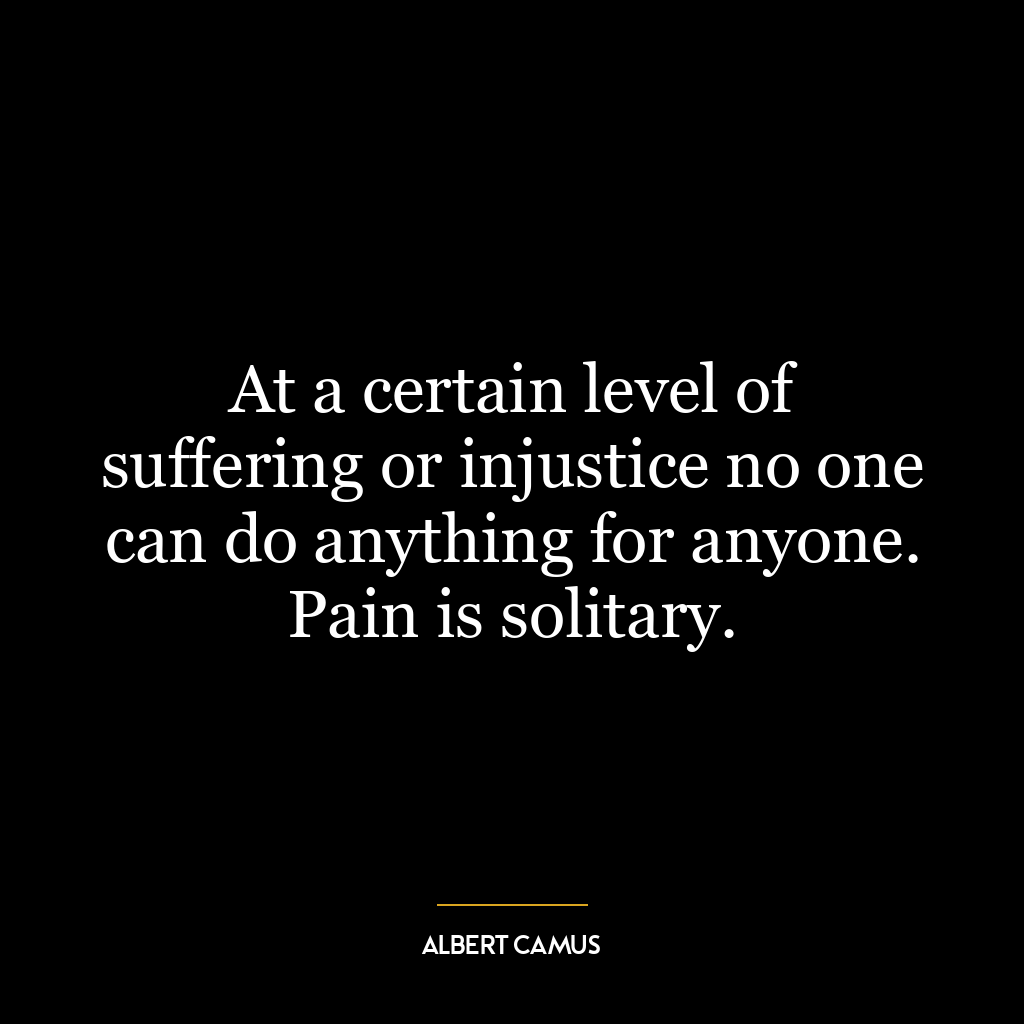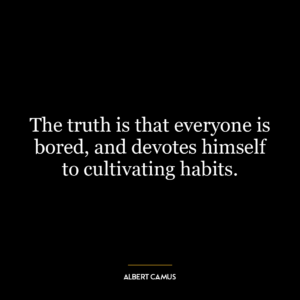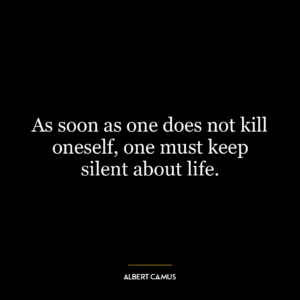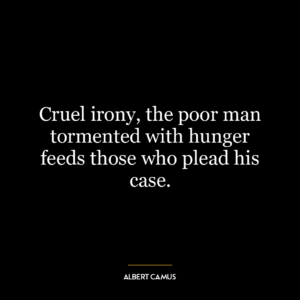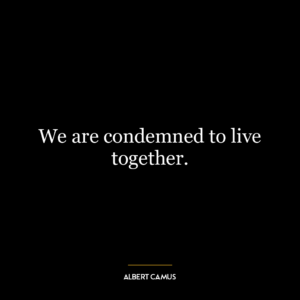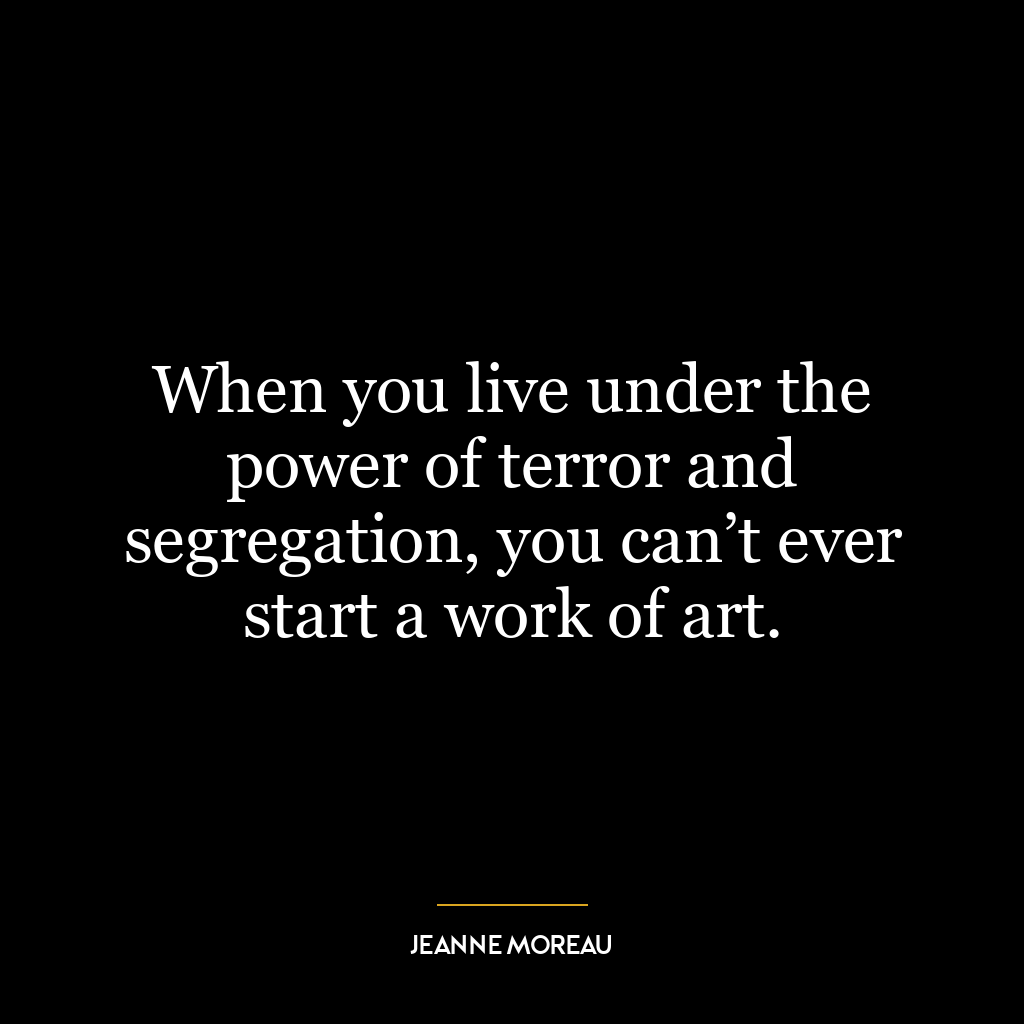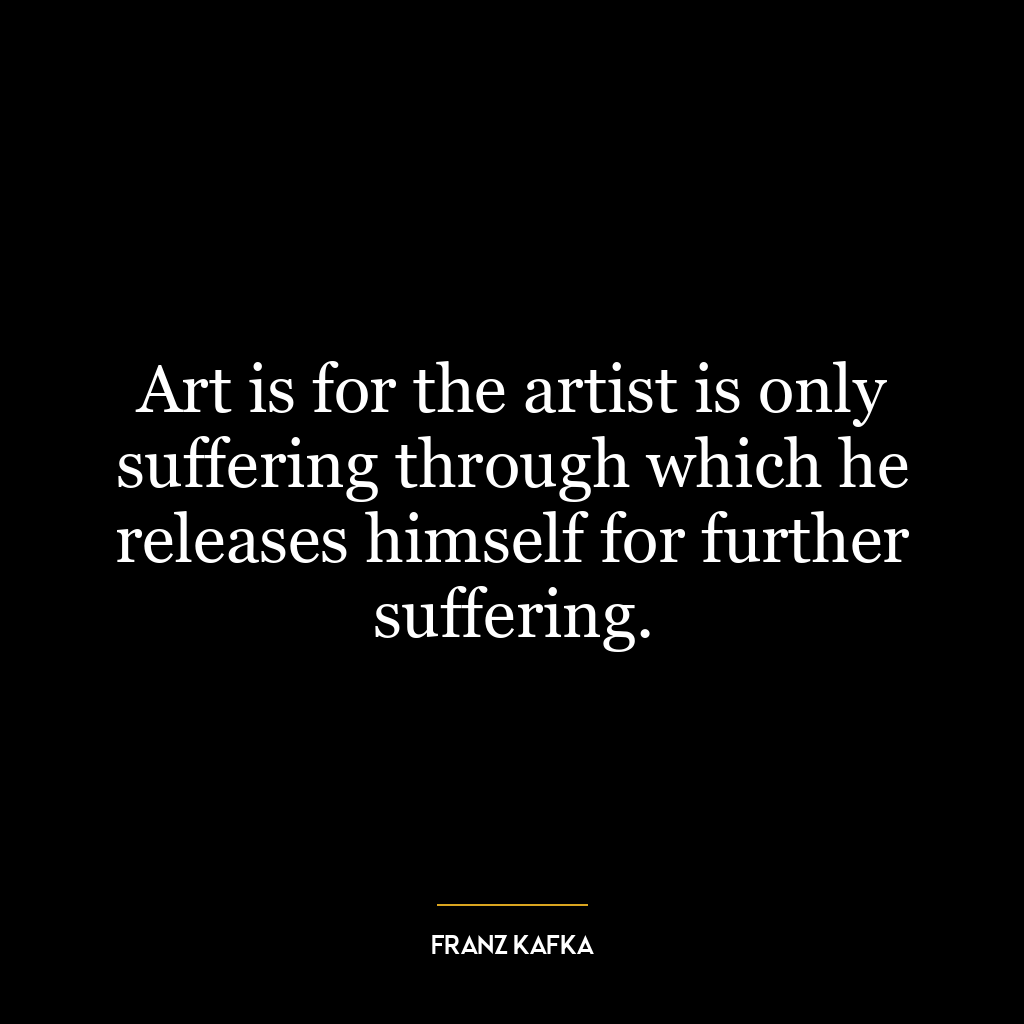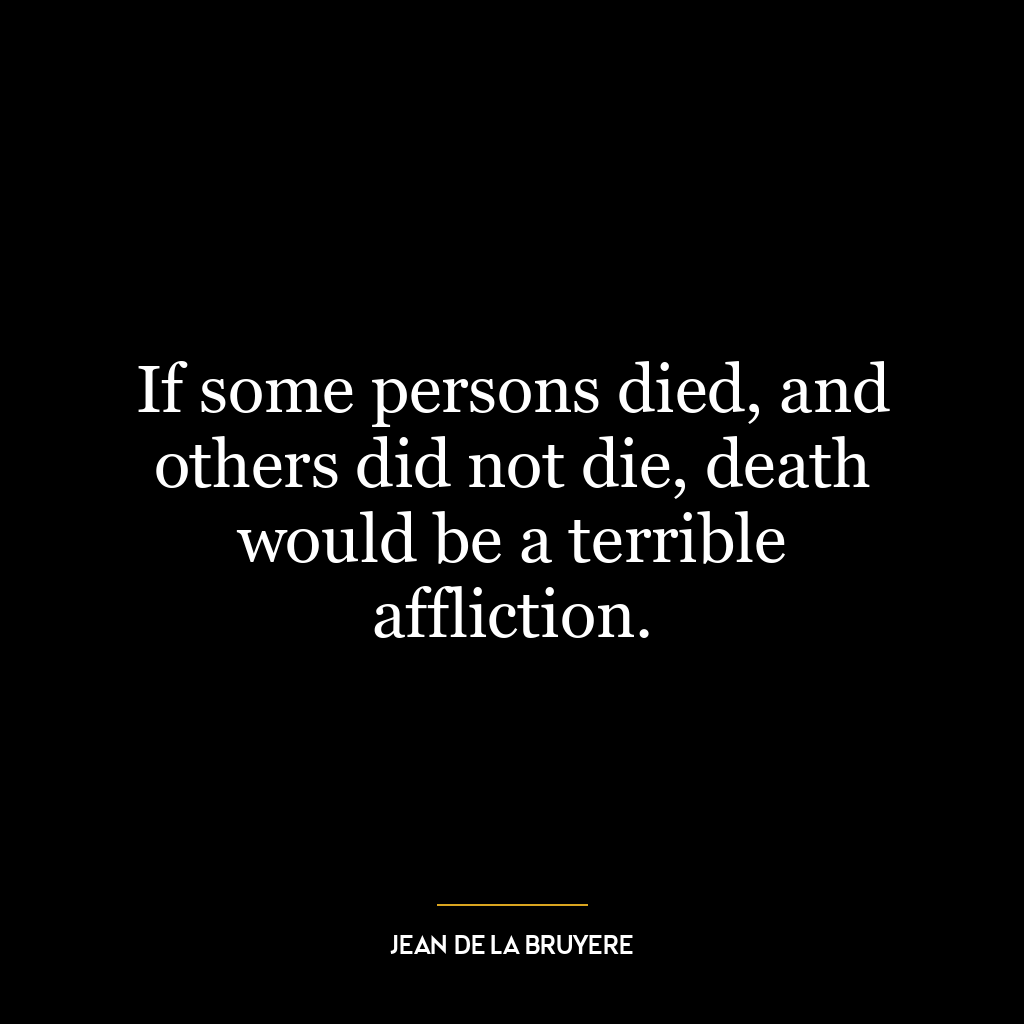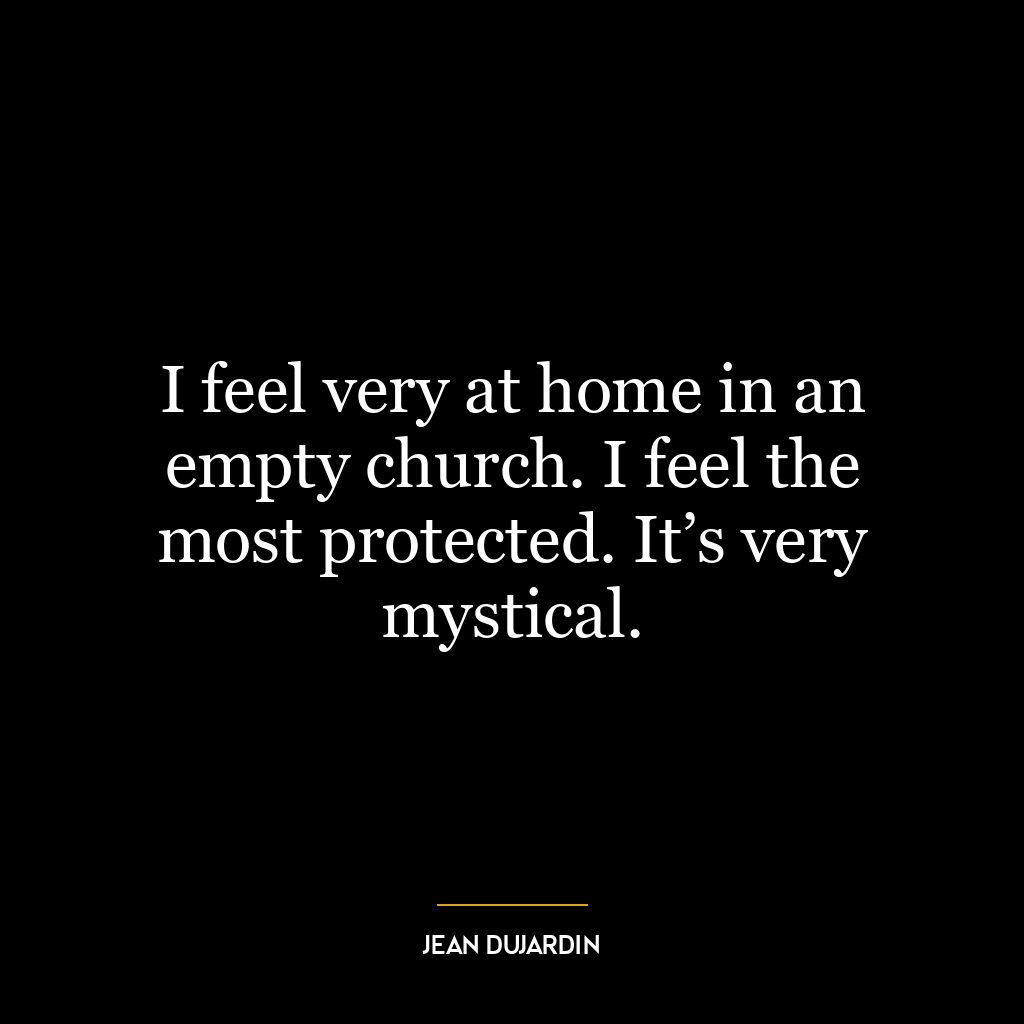At a certain level of suffering or injustice no one can do anything for anyone. Pain is solitary.
The quote “At a certain level of suffering or injustice no one can do anything for anyone. Pain is solitary.” presents a profound insight into the individualistic nature of suffering and pain. It suggests that there exists a threshold of agony or unfairness beyond which external help, sympathy or empathy become ineffectual. No matter how much others try to alleviate, understand or share the pain, the person experiencing it must ultimately face it alone.
The phrase “pain is solitary” encapsulates the idea that suffering is an intrinsically personal and isolated experience. It is something that is felt deeply within, and thus, can’t be entirely comprehended or shared by others. This solitude of pain doesn’t necessarily imply loneliness but rather the uniqueness of personal experience. Every individual’s encounter with pain or suffering is unique, shaped by their own mental, emotional, and physical constitution.
Applying this idea in today’s world, one could argue that it emphasizes the importance of resilience and self-reliance in the face of adversity. In a society that often encourages collective action and mutual support, acknowledging the solitary nature of suffering can be a powerful reminder that personal strength and inner resources are crucial when coping with life’s challenges.
In terms of personal development, this concept can be seen as a call to cultivate self-awareness, emotional intelligence, and resilience. It suggests that while social support and external resources are important, they are not always enough. Individuals need to develop the capacity to manage their own pain and suffering, to find meaning in their experiences, and to navigate their way towards healing and growth.
Moreover, acknowledging the solitary nature of pain can also foster empathy and compassion. Recognizing that each person’s pain is a unique and deeply personal experience can help us to approach others with more understanding and sensitivity. It can remind us that our assumptions and judgments about what others are going through are often limited and that a more empathetic and compassionate approach is needed.

